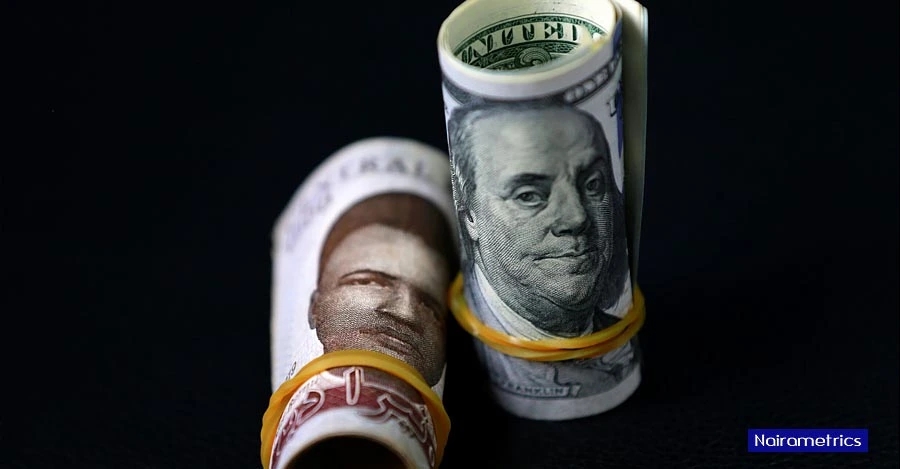The Nigerian House of Representatives has asked the Central Bank of Nigeria (CBN) to halt the implementation of e-evaluator and e-invoicing for imports and exports businesses. This was prompted following the adoption of a motion moved by Leke Abejide (APC, Kogi) on Tuesday.
According to the House, the CBN has increasingly shifted away from its basic role as a banker to the government, focusing more on fiscal policy measures, which are the responsibility of the Federal Ministry of Finance.
The Central Bank of Nigeria implementation of e-evaluator and e-invoicing for imports and exports businesses was meant to commence on the 1st of February, 2022. However, appeal for the house may push it further down the year.
What the House of Representatives is saying
The House stated that the policy implementation time was too sudden and could lead to a policy somersault.
“On 21, January 2022, the Central Bank of Nigeria issued a circular on guidelines on imports and exports businesses in Nigeria, with reference number TED/FEM/FPC/PUB/01/001 to take effect from 1st of February 2022, 10 days after the issuance of the guidelines.
“Sudden monetary/fiscal circular hurriedly or half-hazard implemented often leads to policy somersault, hence for a major policy change such as this, a grace period of 90 days is usually expected for transactions to run its full course to avoid distortion in the economy and also to avoid price distortions of trade,” it said.
The House said that the CBN didn’t give enough time to sensitize and familiarize the country’s major ports and the general public with its new policy.
This policy, the house said, would cause prices of goods and services to be distorted, import and export bottlenecks would be created, transactions would be delayed, and port congestion would result.
The House therefore, invited Godwin Emefiele, the Governor of the Central Bank of Nigeria, to brief the Committee on Customs and Excise, assuring the committee that the N3.1 trillion revenue target set by the Federal Government of Nigeria would not be harmed by this sudden policy implementation.
What you should know about the CBN e-evaluator and e-Invoice
- To replace hard copy final invoices as part of the documentation necessary for all import and export transactions, the e-evaluator and e-Invoice were introduced.
- Imports and exports having unit prices greater than 2.5% of verified global checkmate prices will be investigated and will not be allowed to complete Form M or Form NXP successfully.
- Unless the electronic invoice has been authenticated by Authorised Dealer Banks and the relevant payment documentation has been provided, no importer/exporter may make a payment to a foreign supplier’s credit.














